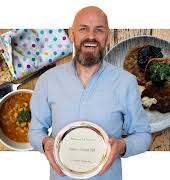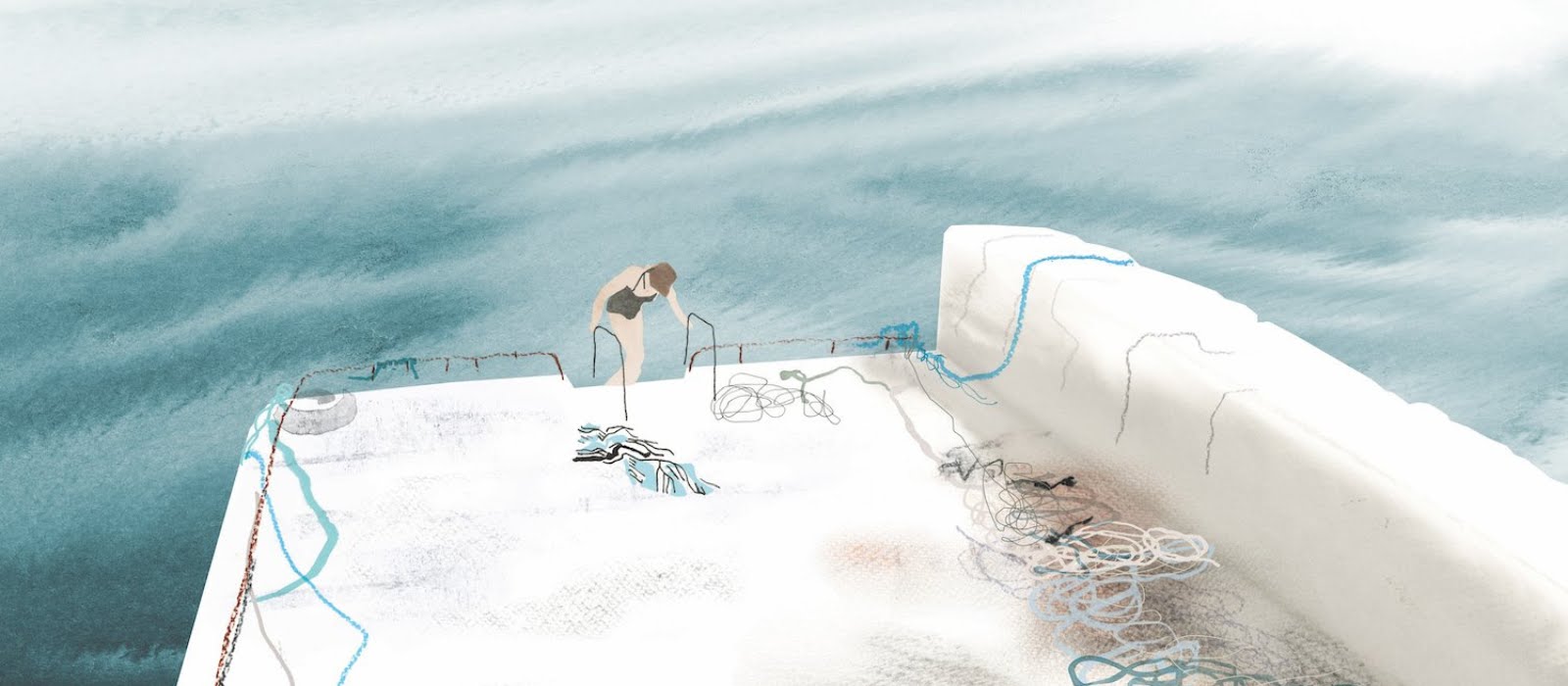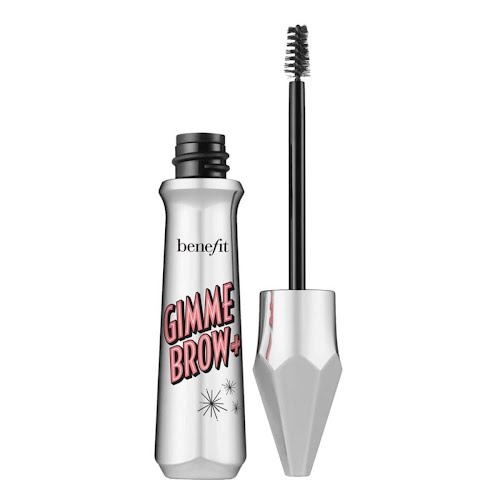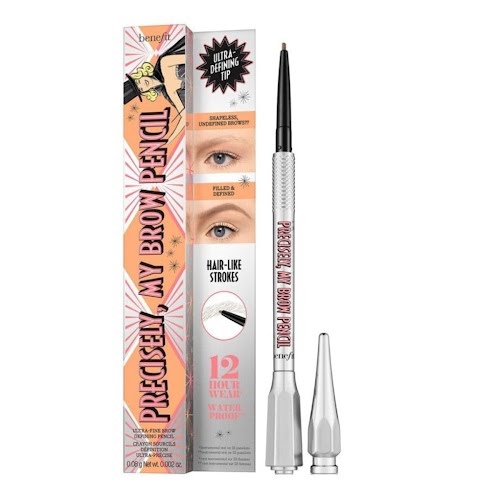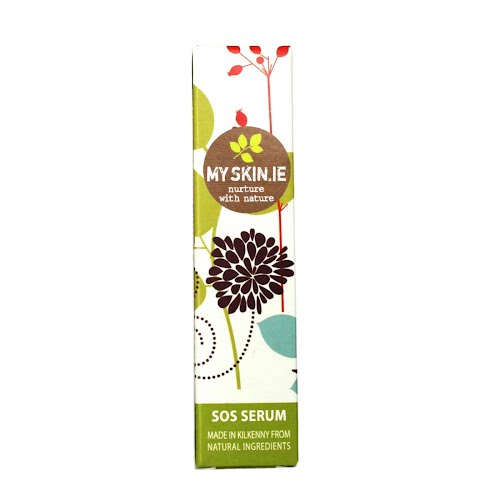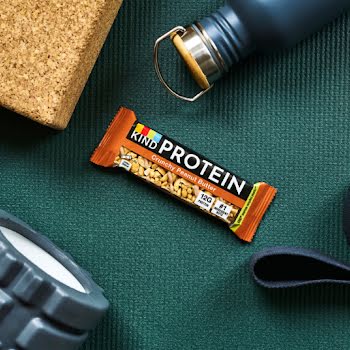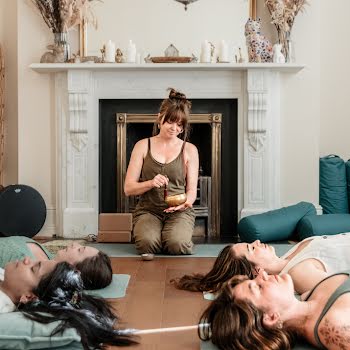Siobhan McNutt
Coming up for air: Cancer care for before, during, and after treatment
A cancer diagnosis is a fork in the road: there’s a before and an after. Whether you’ve just been diagnosed, are in treatment or looking to restart your life in remission, finding your way to your new self is a challenge, but not an impossible one.
Feature image by Siobhan McNutt.
“I finished my active treatment, which was chemotherapy and radiotherapy. I was being discharged and I remember the nurse telling me, ‘Go and live your life. Try to move on and not think about this,’ which is a complete contradiction because you can’t,” explains cancer coach Karen Kruger of her own experience. “When you have gone through something like this, it changes you.”
With so much medical support offered to cancer patients, and a bombardment of information and treatment avenues offered in quick succession, many survivors talk about how quickly they became lost in the experience, tending to all the moving parts without taking the time to reflect on the whole self. When dealing with questions about your own mortality for the first time, things like self-care, emotional management, and mental needs understandably take a back seat – but that doesn’t mean they are unimportant. Non-medical care during your cancer journey is vital.
An executive coach with a degree in psychotherapy, Karen decided to rework her skills following her own recovery. “I thought to myself, ‘I have a unique set of skills with coaching from an organisational perspective. Why can’t I help cancer patients and empower them to make the best of themselves during the worst time of their life?’ It’s only when you’ve been through something that you can offer a clarity of thought. Because you’re so lost and scared after a cancer diagnosis, whether you’ve just received it, or you’re in remission but have to go back to the hospital for a scan.”
Trying to live your life through and after cancer is so different, explains Karen. “Your perspective has changed, how you want to live your life, eat, exercise, socialise and see yourself is different.” It’s natural to not want to go back to who you used to be but reinvention, especially in the absence of your former self – former outlook, former body – is hard. Here are some resources and experts to help you or a loved one through any period, from diagnosis to remission and life after cancer.
Diagnosis
Oftentimes when we’re dealing with something traumatic, like a cancer diagnosis, we tend to sprint to the finish line, worrying about what might happen and what the outcome could be. While it’s good to look forward, it can also be overwhelming. “Try to bring yourself back to what’s actually happening today, and think about what you can do in this moment. Stay focused on what’s happening here and now,” advises Alex Baile, a psychologist for Cancer Caring Coping, an initiative set up by Queen’s University Belfast, specifically designed to help caregivers through the cancer process.
“It’s not possible to think positively all the time, especially when the situation we find ourselves in is one that’s not at all positive. So, it’s about allowing yourself to have those thoughts and not to get too hooked up in them, but to realise that they’re just very normal and they’re part of the experience,” says Alex. Allow yourself to feel without a sense of guilt or anxiety. “I would always recommend seeking the support of a therapist after a diagnosis to ensure you are managing your emotions,” reiterates Karen.
What to expect: Information Paralysis
It’s also a period of informational overload, where the newly diagnosed try to consume as much as possible to understand what is happening, and although much harder to pin down, the why. It’s vital that during this period to look at reputable sources for information. “Many people can suffer from information paralysis,” says Karen, where they become overloaded with so much information of “eat this”, “buy this”, “exercise like this”, especially on social media, that you go into a state of avoidance, unable to absorb the information or decisions laid in front of you. “There’s a lot of information and everybody has an opinion,” remarks Karen, who suggests filtering your information to a few solid sources. “The Cancer Society is a wealth of considered, scientifically backed information and resources.”
Treatment
During treatment, there are a number of side effects you’ll likely have to deal with, which may not seem too bad when they’re listed out: nausea, fatigue, sensitive skin, hair loss. But as Denise O’Connell, a massage therapist and reflexologist who has been working with cancer patients since 2003 points out, “you’re thinking about your own mortality for the first time, and you’re waking up at night because your skin is driving you mad.”
On top of being a relatively manageable side effect, it’s also crucial to keep your skin in good condition during treatment to prevent further infection. Seeing patients and working with the skin during such a vulnerable period, Denise began developing her own skincare range with cancer patients in mind. Trained under world renowned clinical aromatherapy educator Madeline Kerkhof, Denise’s My Skin Integrity range focuses on natural, organic oils and butters that she infuses herself. Ingredients like jojoba oil, sweet almond oil (as long as you don’t have a nut allergy), and olive oil. Denise’s own hero ingredients include “Tamanu oil, great for lesions and calming inflammation; evening primrose oil; organic rosehip and sea buckthorn oil, which is full of fatty acids and the skin loves it.”
Do not underestimate the importance of staying confident either. Look Good, Feel Better is a charity that runs free make-up and hair tutorials online and in cancer centres around Ireland. It may sound like a simple thing, but taking a small bit of time to focus on you, and allow yourself to feel a semblance of normality, can be life-affirming. Many of the volunteer make-up artists and beauticians who lead the courses were once attendees and they are brimming with knowledge about what products to use and how to apply them, and understand what you’re going through.
Similarly, it’s necessary to be kind to your hair during treatment. If you would like to dye your hair during treatment (not all chemotherapy makes your hair fall out completely), look to vegan, henna and organic dyes that are much kinder on the hair and scalp. Organic Italian Hairdressing in Dalkey, produce their own brand of chemical-free, vegan, organic hair care products, Conlemany. Just make sure you talk to your specialist first.
If you decide you would like some kind of hair covering, there are typically two options. A hair topper, that clips into your existing hair for a fuller look, or a wig. These can cost anywhere from €200 to €400 for a synthetic wig and in the region of €1,000 for a human hair wig and they’ll last between six to 12 months. Most wigs are covered by an annual €500 PRSI hair grant and some health insurance policies will include wigs in their policy, so check with your provider.
What to expect: Sense of Smell
On top of the nausea and intense fatigue that many people experience during radiation and chemotherapy, your sense of smell can also be affected. “You become highly sensitive to smell. As well as making you nauseous, scent is profoundly connected to memory, it can bring us back to a place like nothing else,” explains Denise. Try not to use any particular scent you enjoyed prior to treatment, as they can become triggering – odourless is best.
Recovery
It comes as a surprise to many cancer patients that recovery and remission can be the most difficult. “A lot of survivors feel that people are sick listening to them talking about cancer and want to get back to ‘normal’. Their loved ones see it as finished, you’re finished with treatments, your hair is growing back and you’re back to normal. But it’s not like that at all,” explains Karen. It can often be a period where you feel particularly lost. Everything, from how you look and feel to how you want to live your life has been changed and it’s only when you are out of immediate danger that you can really feel that.
There are many lifelong permutations of being a survivor, from scarring to lymphedema and forced menopause for oestrogen-related cancers, which Karen highlights as “one of the forgotten things of living, and a significant physical hurdle.” Don’t just take these on the chin – look for support.
The Irish Cancer Society funds a PERCS program, which aims to connect cancer survivors with cancer rehab services in their local area. It includes access to a physio, an occupational therapist, dietitian, speech and language therapist and a psychologist.
And finally, look for communities where you can normalise your experience. Row to Recovery in Galway is a charity set up by three women recovering from breast cancer who wanted to take an active view of their recovery. Rowing is a low-impact, accessible sport, and the group meets on the Corrib River once a week, open to anyone with a cancer diagnosis. Recovery is a lifelong process but normalising your experience and your feelings is vital to finding yourself again after such a difficult journey.
What to expect: Scan anxiety
Many survivors experience scan anxiety, even years after their recovery. “A lot of the time people don’t know how to manage the fear of recurrence. How do they manage that fear and how do they go back to living their life?” Karen explains. “Try to identify and create positive practices to use prior, during and after a scan. Practise these over and over to help manage the emotion and distract them from the negative and anxiety-driven thought pattern. It is really important for patients and survivors to be kind to themselves and treat themselves to something special afterwards.”
Breast cancer is one of the most common types of cancer in Ireland and Karen recommends Breast Cancer Ireland’s podcast, More than a Lump, for anyone who has been diagnosed. Speaking to a range of interviewees impacted by breast cancer, whether directly, in their work, or as a carer, it offers an insightful and wide-ranging look at how breast cancer has informed their lives.
Eyebrows can really help to define and shape a face and losing them during treatment can come as a surprise to a lot of women. Lauren Hodgson, Benefit Cosmetics’ national brow expert suggests factoring in elements like longevity, ease of application and products that can give a natural appearance. “An ultra-fine pencil like Precisely, My Brow Eyebrow Pencil (€29.50) delivers hair-like strokes, perfect for lost shape and to fill in sparse eyebrows. It lasts 12-hours, is budge-proof and waterproof, while Gimme Brow+ tinted eyebrow gel (€15.50) contains tiny microfibres that adhere to both skin and hairs, creating natural-looking fullness and definition in an instant.”
My Skin Integrity offers a number of excellent all-natural cancer skincare options and giftboxes, but Denise’s favourite is the SOS Serum (€30). Made with hero ingredients like organic cold-pressed hazelnut, tamanu, and rosehip carrier oils, it’s rich in essential fatty acids and infused vitamins. Ideal for giving the skin a little TLC during treatment or after surgery.
This article originally appeared in the Spring 2024 issue of IMAGE.

IMAGE Summer 2024
The Summer issue of IMAGE is here, and we’re taking the longer days as an opportunity to slow down, take stock, and luxuriate in the lull that summer brings. From laid-back looks to in-depth reads, there’s everything you need to set you up for the season. Plus: * Warm-weather style * Boho is back * In studio with Irish designer Sinéad O’Dwyer * Career success stories * Growing and foraging * Women in music * Reframing divorce * Tackle your tiredness * Summer beauty favourites * Bringing the outdoors in * Irish eco escapes * Garden getaways * and so much more…
Have you thought about becoming an IMAGE subscriber? Our Print & Digital subscribers receive all four issues of IMAGE Magazine and two issues of IMAGE Interiors directly to their door along with access to all premium content on IMAGE.ie and a gorgeous welcome gift worth €142 from Skingredients. Visit *here* to find out more about our IMAGE subscription packages.



